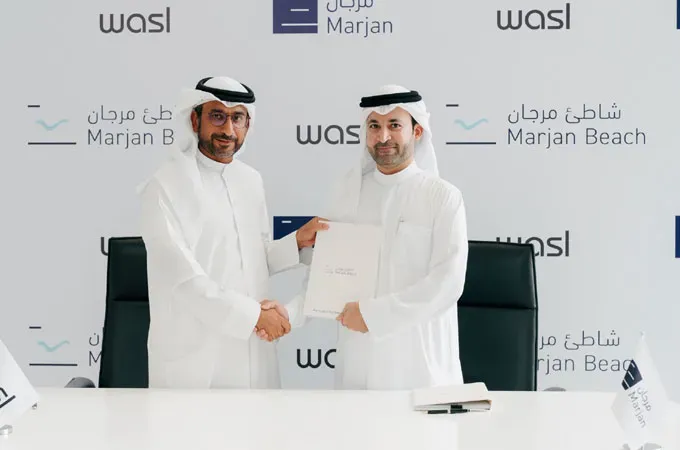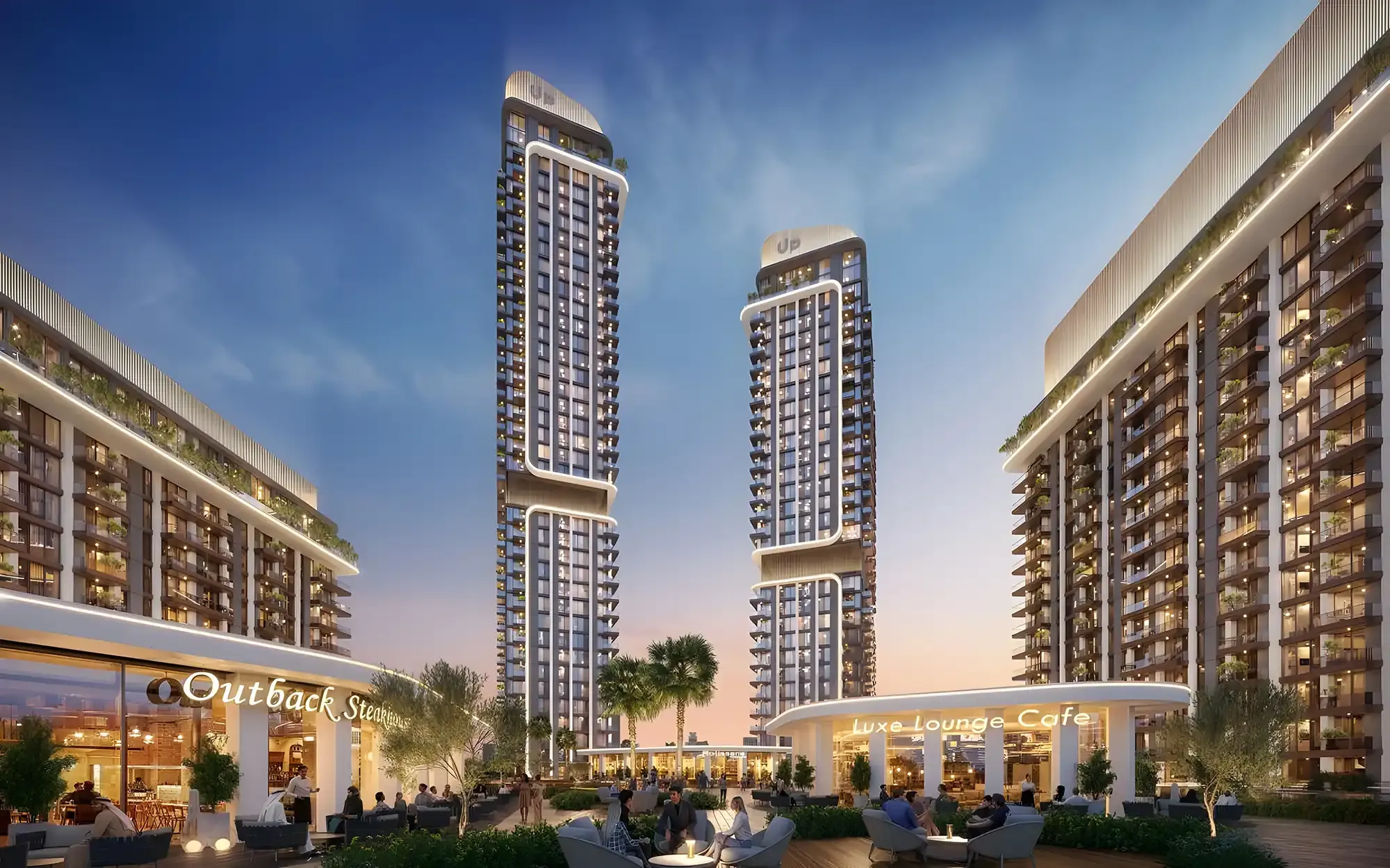Mortgage Transactions at All-Time High
Mortgage activity also set a new milestone in July, with 4,891 loans issued, up 9.2% month-on-month.
- New purchase money mortgages accounted for 45.6% of activity, with an average loan size of USD 490,000 (AED 1.8 million) and an average loan-to-value (LTV) ratio of 73.7%, slightly above June’s 73.5%.
- Refinancing and equity release loans rose by 7.5%, taking a 38.3% share.
- Bulk mortgages, those taken by developers and larger investors, represented 16.1% of activity.
Although LTV ratios edged up, they remain below the historical average of 75–77%, reflecting the Central Bank’s tighter financing rules.
The report noted that: “These tighter conditions raise the upfront cash hurdle for buyers, but the fact that mortgage volumes hit a new record suggests strong confidence among buyers and a more resilient, well-capitalized demand base.”
Off-Plan Transactions Surge
Dubai also recorded a major surge in off-plan activity. 12,595 Oqood transactions were registered in July, up 28.3% from June, pushing off-plan’s overall market share to 62.6%. Title deed transactions also grew, rising 11.2% month-on-month and making up 37.4% of sales.
New Supply Expands Rapidly
Dubai’s development pipeline showed no slowdown, with over 50 project launches in July alone, bringing 13,800 new residential units to market with a combined gross sales value of USD 10.3 billion (AED 38 billion).
This lifted year-to-date launches to nearly 93,000 units worth USD 73.5 billion (AED 270 billion) — volumes that previously reflected a full-year cycle but are now achieved in just seven months.
- Apartments dominated new supply, accounting for 95% of July’s launches.
- Villas and townhouses contributed 2.5% each.
The report observed that this pace is beginning to test demand absorption, as launches increasingly compete on similar offerings.
“Rather than a sign of weakening demand, this shift reflects a market that is becoming less hype-driven and more value-focused—one where buyers are taking time to evaluate, compare, and invest more deliberately. Of course, the possibility that seasonal effects are also playing a role shouldn’t be ruled out, particularly during the traditionally quieter summer months,” the report added.
Market Outlook
As Q3 unfolds, Dubai’s property market continues to perform at historically high levels. Prices remain on an upward trend, and transaction volumes are on track to break records. However, the surge in new supply, particularly off-plan projects, is testing the market’s ability to absorb inventory sustainably.
With buyer selectivity increasing and absorption rates beginning to soften, developers are expected to shift strategies from pure sales velocity to long-term viability, focusing on differentiated products, competitive pricing, and timely delivery.
At the same time, mortgage market dynamics remain critical to demand. Although borrowing volumes are strong, relatively lower LTV ratios may influence affordability and purchasing decisions in the months ahead.
Dubai’s real estate sector remains fundamentally resilient, but sustaining momentum through 2025 will depend on balancing robust supply with genuine end-user demand.





